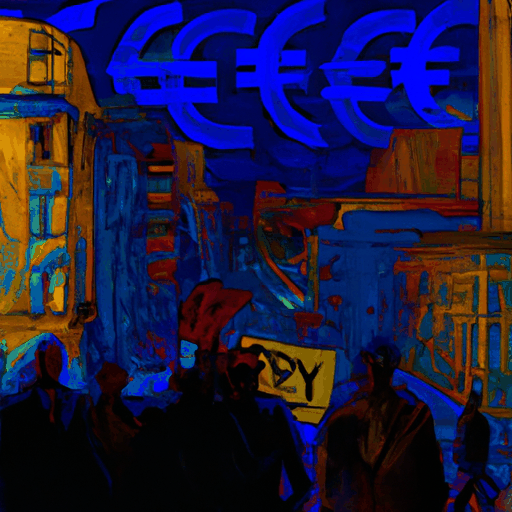
Public Trust in Argentine President Javier Milei Dips Amid LIBRA Memecoin Controversy
By: Isha Das
Argentine President Javier Milei is facing a significant decline in public trust following his controversial involvement with the LIBRA memecoin. The LIBRA scandal has severely impacted the president's approval, leaving a substantial portion of the populace disillusioned with his leadership and raising questions about the government’s approach to economic and security issues.
Public perception shifted dramatically when Milei publicly endorsed LIBRA, an action that initially led to a sudden surge in the memecoin's market value. However, the optimistic beginning quickly turned tumultuous as the coin's value plummeted by over 99%, leading to substantial financial losses for investors. The aftermath implicated several insiders who allegedly engineered a pump-and-dump scheme, selling off large holdings shortly after Milei's endorsement.
On-chain investigations uncovered that these insiders divested over $100 million, stirring public outrage and suspicions of fraud. The controversy ballooned into a national scandal, prompting law enforcement to pile up evidence, including transaction logs and market activities surrounding LIBRA. Furthermore, efforts are being made to freeze assets affiliated with the project’s developers, and there are calls for an international crackdown on individuals potentially associated with the scandal.
The scandal has notably eroded public confidence in President Milei. According to recent polls conducted by Zuban Córdoba, a staggering 57.6% of Argentinians expressed no trust in him, a stark contrast to the 36% who continue to support him. This loss of confidence underscores broader dissatisfaction with Milei’s governance, particularly amid economic uncertainties and concerns over public safety.
Adding to Milei's woes, the economic outlook under his administration remains bleak. A significant majority of Argentinians view dealings with international financial bodies like the IMF unfavorably, casting doubts on the government’s financial strategies. Meanwhile, public safety remains a chief concern, especially in urban areas where many feel that the situation has degraded under his leadership. Currently, his approval rating stands precariously at 41.6%, with analysts cautioning that governance could be at risk if these numbers further deteriorate.



